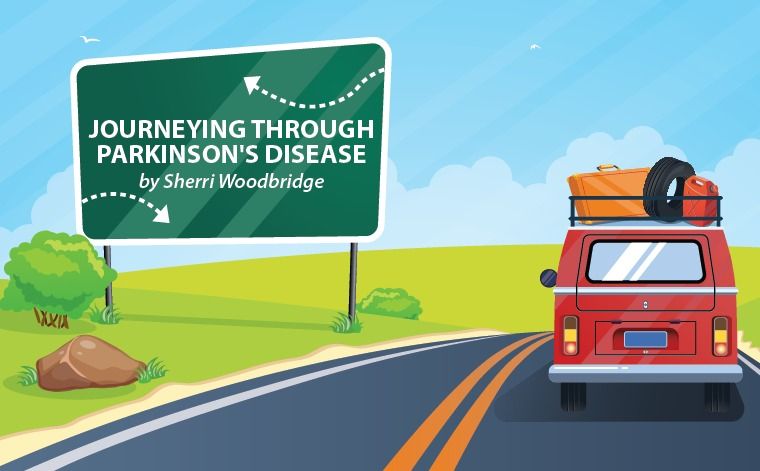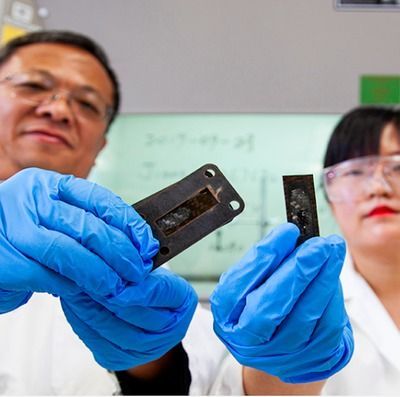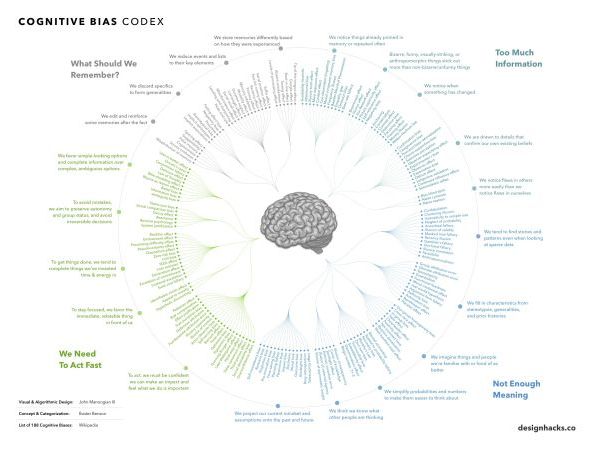But in the last few years, AI has changed the game. Deep-learning algorithms excel at quickly finding patterns in reams of data, which has sped up key processes in scientific discovery. Now, along with these software improvements, a hardware revolution is also on the horizon.
Yesterday Argonne announced that it has begun to test a new computer from the startup Cerebras that promises to accelerate the training of deep-learning algorithms by orders of magnitude. The computer, which houses the world’s largest chip, is part of a new generation of specialized AI hardware that is only now being put to use.
“We’re interested in accelerating the AI applications that we have for scientific problems,” says Rick Stevens, Argonne’s associate lab director for computing, environment, and life sciences. “We have huge amounts of data and big models, and we’re interested in pushing their performance.”








